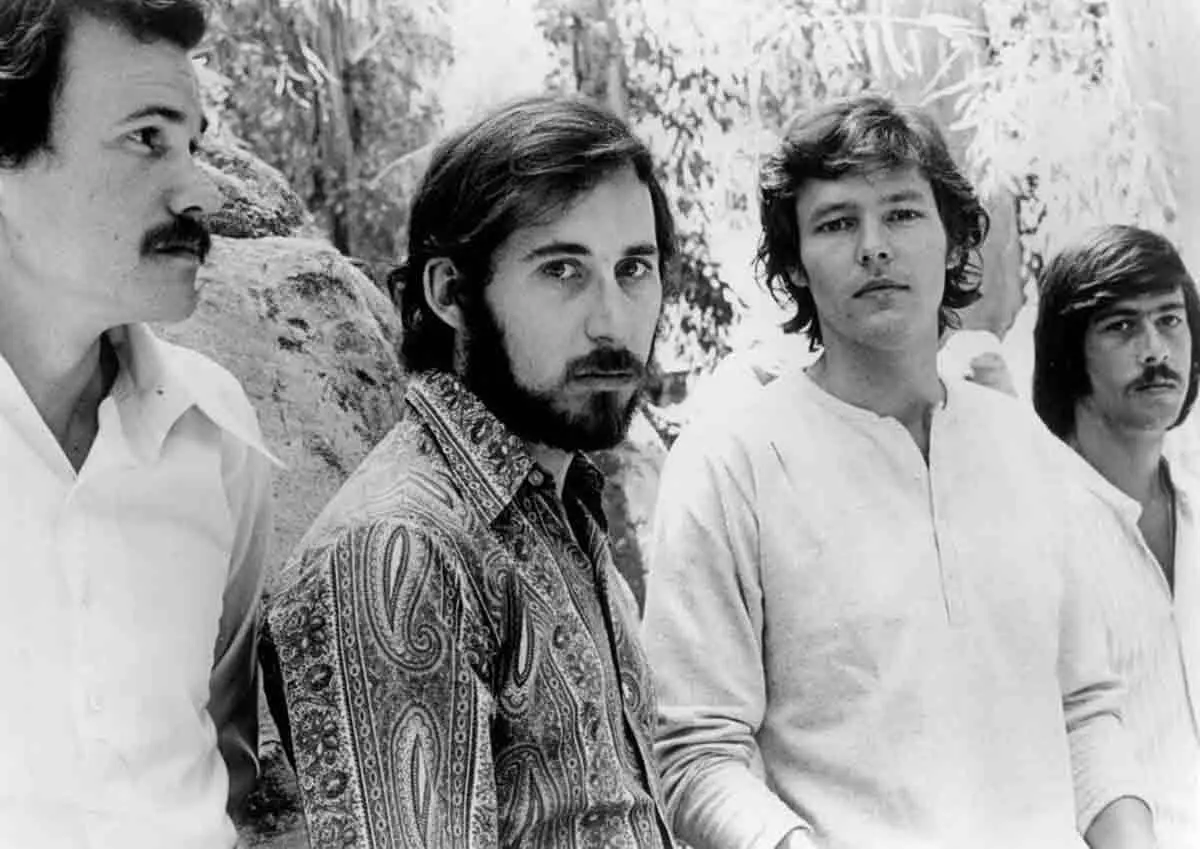
A Quiet Plea Wrapped in the Disguise of a Love Song
When Bread released “Everything I Own” in January 1972 as part of their fourth studio album, Baby I’m-a Want You, few could have anticipated the song’s enduring resonance beyond its modest U.S. chart performance, peaking at No. 5 on the Billboard Hot 100. At first blush, it presents itself as a tender ballad of romantic yearning, consistent with the soft rock sensibilities that defined Bread under the helm of frontman and principal songwriter David Gates. But beneath its gentle melodies and seemingly straightforward lyrics lies a far deeper emotional tapestry—one woven with grief, gratitude, and quiet reverence.
“Everything I Own” is often misinterpreted as a traditional love song—its chorus, with lines like “I would give everything I own / Just to have you back again,” easily lending themselves to the narrative of lost romance. But the song’s true genesis springs from something far more intimate: Gates wrote it in memory of his father, who passed away before witnessing his son’s musical success. That revelation transforms the track into something achingly poignant—no longer a lament over love lost in the romantic sense, but rather an elegy for paternal love, for guidance, for the foundational presence that shaped Gates’ life.
Musically, the arrangement is stripped down in a way that amplifies rather than diminishes its emotional power. The instrumentation—gentle acoustic guitar strums, mellow piano chords, and Gates’ plaintive vocals—is deliberately understated. It refuses to compete with the song’s emotional core; instead, it cradles it. The soft rock genre is often criticized for being overly saccharine or lightweight, yet here it becomes a vessel for profound emotional disclosure. There is no artifice in Gates’ delivery—just an earnest longing imbued with both dignity and fragility.
The beauty of “Everything I Own” lies not only in its craftsmanship but in its universality. While it began as one man’s private tribute to his father, its lyrical ambiguity allows listeners to graft their own stories onto its structure. Whether mourning a parent, a lover, or any irreplaceable presence in one’s life, the song becomes a vessel for personal grief and remembrance. It’s this very elasticity that has led to its enduring appeal across decades and genres—covered by artists as disparate as Ken Boothe (whose 1974 reggae version reached No. 1 on the UK Singles Chart) and Boy George (whose 1987 rendition likewise topped British charts).
But Bread’s original remains untouched in its intimacy. “Everything I Own” stands not just as one of David Gates’ most personal compositions, but as an exemplar of how simplicity in songwriting can yield profound emotional complexity. It reminds us that love—whether romantic or familial—is often best expressed not through grand declarations but through whispered regrets and silent offerings: those moments when we realize too late what we would have given, had we only known how precious that presence truly was.